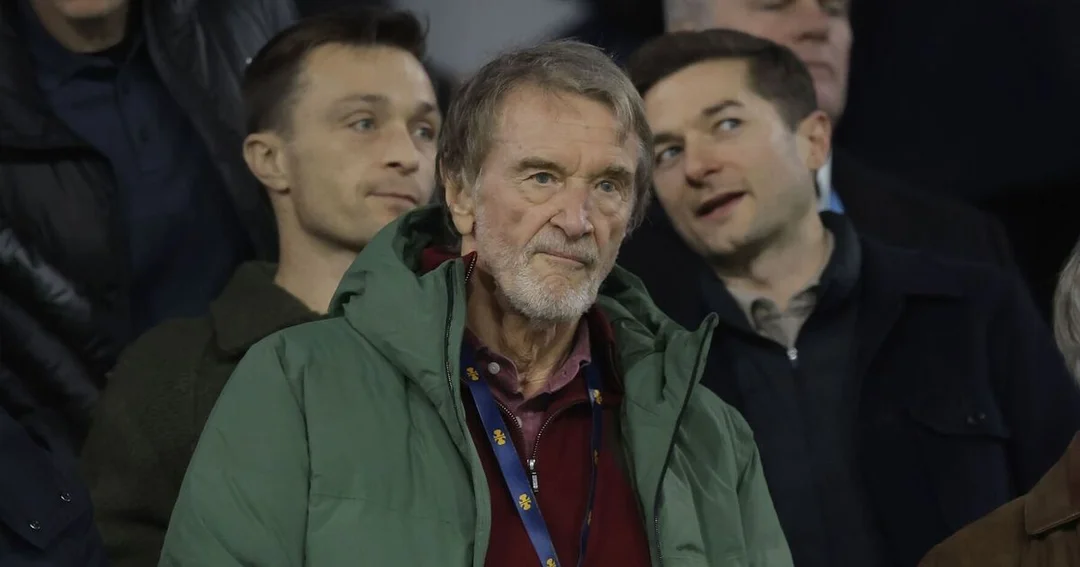
Was Erik ten Hag’s Sacking Inevitable? A Look at the Events Leading Up to His Dismissal
Erik ten Hag’s tenure at Manchester United has come under intense scrutiny, culminating in his unexpected dismissal just a day after a disheartening 2-1 defeat to West Ham United at the London Stadium last October. The swift nature of his exit, which occurred only hours after former player Jamie O'Hara urged the club to make a change, has led many to speculate whether this outcome was indeed predictable.
The Red Devils' plight became increasingly desperate, with their fourth loss in only nine league matches resulting in a dismal 14th place in the Premier League table. Such a position was simply unacceptable for a club of Manchester United's stature. O'Hara’s remarks on Sky Sports were prophetic; he boldly asserted, "I’d get rid of him; I would have gotten rid of him three months ago," suggesting Ten Hag’s time at the club should have ended after a FA Cup victory.

Despite recent changes in management, with Ruud van Nistelrooy temporarily taking the reins, Manchester United's performance has continued to falter, remaining firmly entrenched in the bottom half of the table. As of now, they currently occupy 15th place, illustrating the ongoing struggles of a team that was once a dominant force in English football.
Interestingly, Ten Hag’s successor, Ruben Amorim, stands on the brink of securing a European title in his first season, as his team prepares to face Tottenham Hotspur in the Europa League final. This juxtaposition raises questions about Ten Hag’s managerial style: Could different tactical choices have yielded better results? Or, was his approach simply outdated in a rapidly evolving game?

Meanwhile, West Ham United has also undergone significant changes following Julen Lopetegui's departure amidst a string of poor performances, illustrating a trend across top-flight clubs where managerial stability is increasingly hard to achieve. Graham Potter, another high-profile name, has struggled to galvanise his players, with the Hammers currently sitting dangerously close to the relegation zone.
As the narrative unfolds, it becomes evident that the pressures of managerial roles in the Premier League are unrelenting. Clubs such as Manchester United and West Ham are now at a crossroads, requiring strategic leadership to resurrect their seasons. Fans and analysts alike are left pondering: Will these managerial shake-ups prove to be the turning points their clubs desperately need, or merely a temporary fix in a league where consistency is king?
Supporters of both clubs will keenly await to see the direction their teams take in the coming months. In a sport defined by high expectations, the question lingers—what does the future hold for these storied clubs?